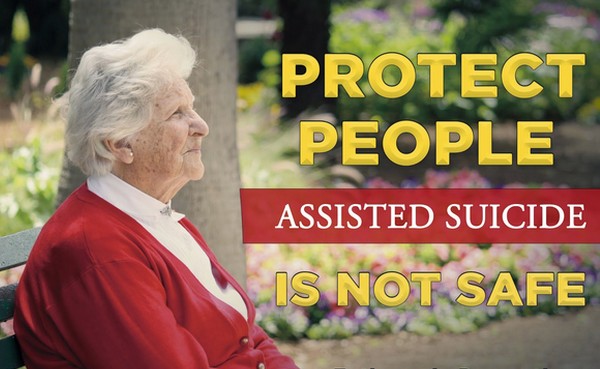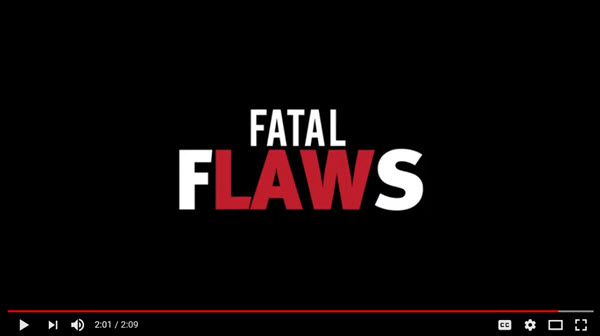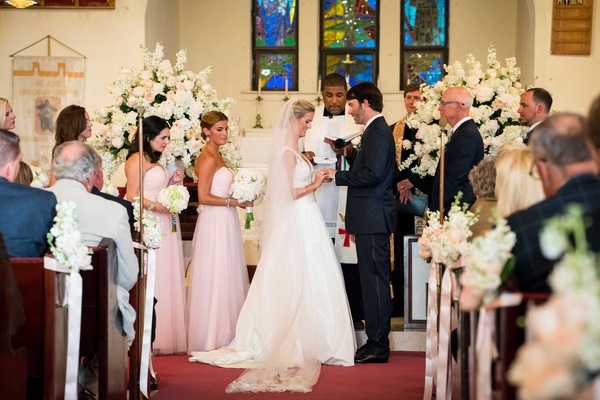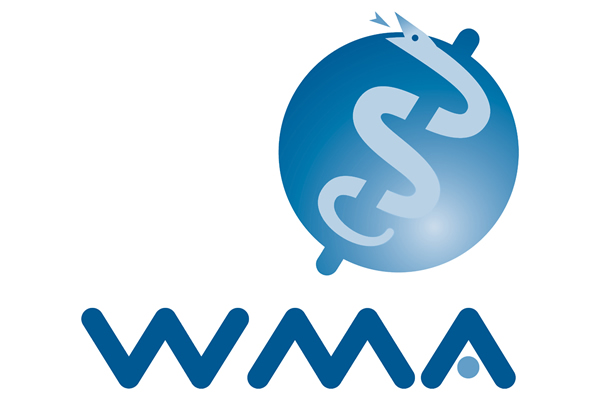
Independent 5 February 2017
Family First Comment: It just gets worse!
And add to that…..
“The Dutch Parliament is considering revising the euthanasia laws to allow anyone older than 75 who is “tired of life” to have the right to assisted suicide, widening the current restriction which limits the practice to the terminally ill.”
A Dutch doctor who ordered an elderly dementia patient’s family to hold her down as she was given a lethal euthanasia injection has been cleared of any wrongdoing.
The doctor at a nursing home in the Netherlands, where euthanasia is legal, was investigated following the death of the unnamed woman who had expressed a wish to die “when the time was right”.
The Catholic News Agency reported that the woman woke up despite the sleep-inducing drug she had been given in her coffee and tried to resist the procedure.
The doctor then asked the relatives of the woman, said to be aged “over 80”, to restrain her while she administered the lethal injection.
The senior doctor had determined the time was right because of a recent deterioration in the woman’s condition.
“I am convinced that the doctor acted in good faith, and we would like to see more clarity on how such cases are handled in the future,“ said Jacob Kohnstamm, chairman of the Regional Review Committee, which considered the case.
The case will be further examined by the Dutch courts to clarify the laws around euthanasia and determine whether doctors who carry out the procedure should be prosecuted if they are found to have acted in good faith.
The Dutch Parliament is considering revising the euthanasia laws to allow anyone older than 75 who is “tired of life” to have the right to assisted suicide, widening the current restriction which limits the practice to the terminally ill.
The Netherlands was the first country in the world to decriminalise euthanasia and assisted suicide in 2002, but has had several high-profile cases of doctor-assisted suicide in recent years.
In 2015, there were more than 5,000 euthanasia deaths in the country – which represents a leap of 50 per cent in the past five years. Only four of these 5,306 deaths were found by officials to have involved “irregularities”. Psychiatric patients can be put to death at their own request as can under 18s. Those aged between 12 and 16 wishing to die must also have the consent of their parents, but 16-18s can take the decision themselves.
READ MORE: http://www.independent.co.uk/news/world/europe/doctor-netherlands-lethal-injection-dementia-euthanasia-a7564061.html










